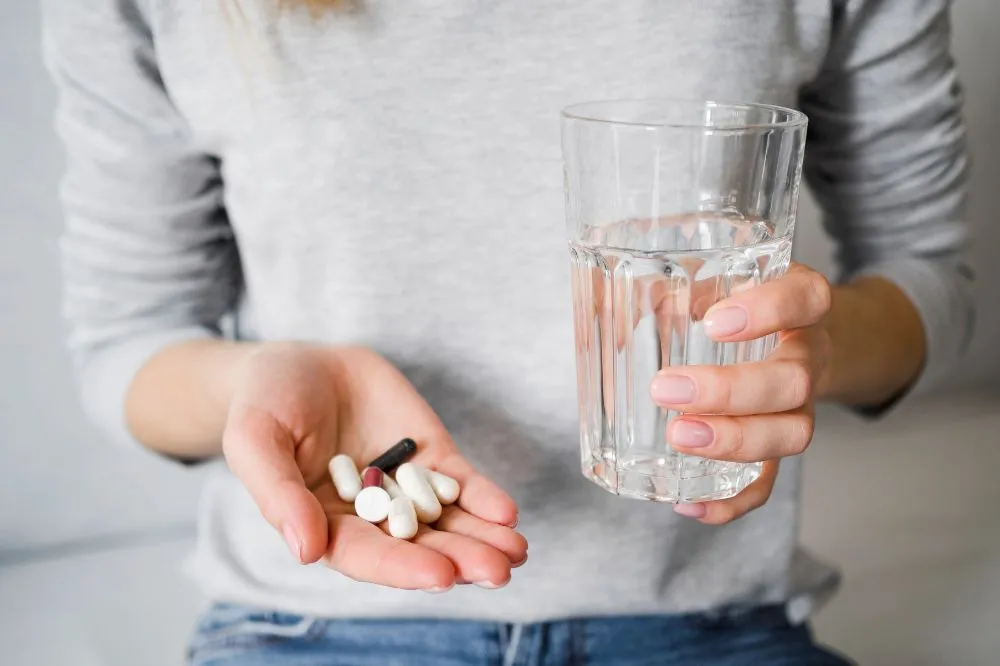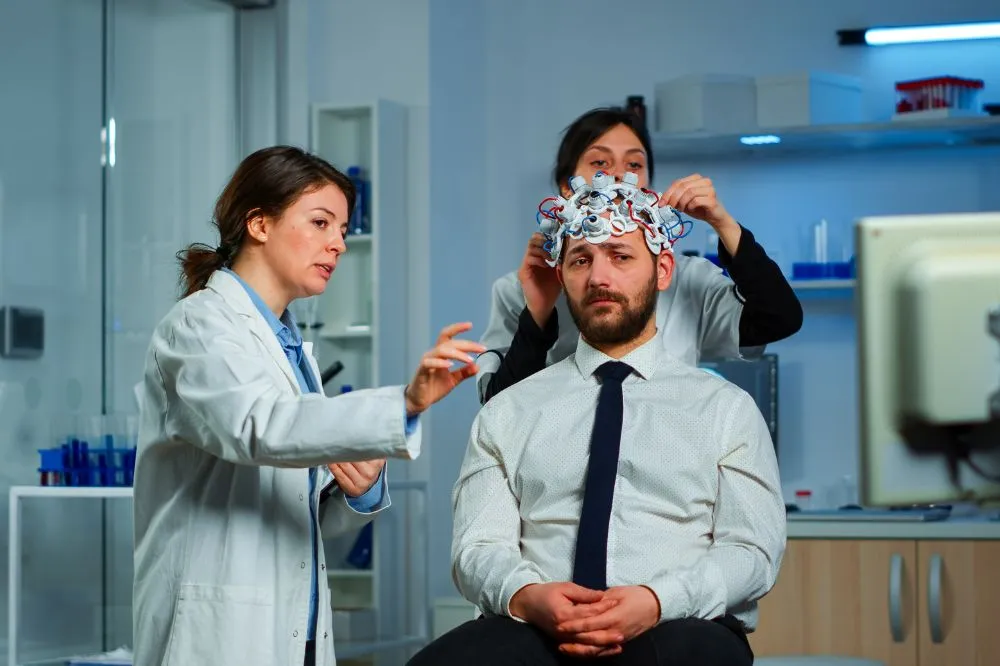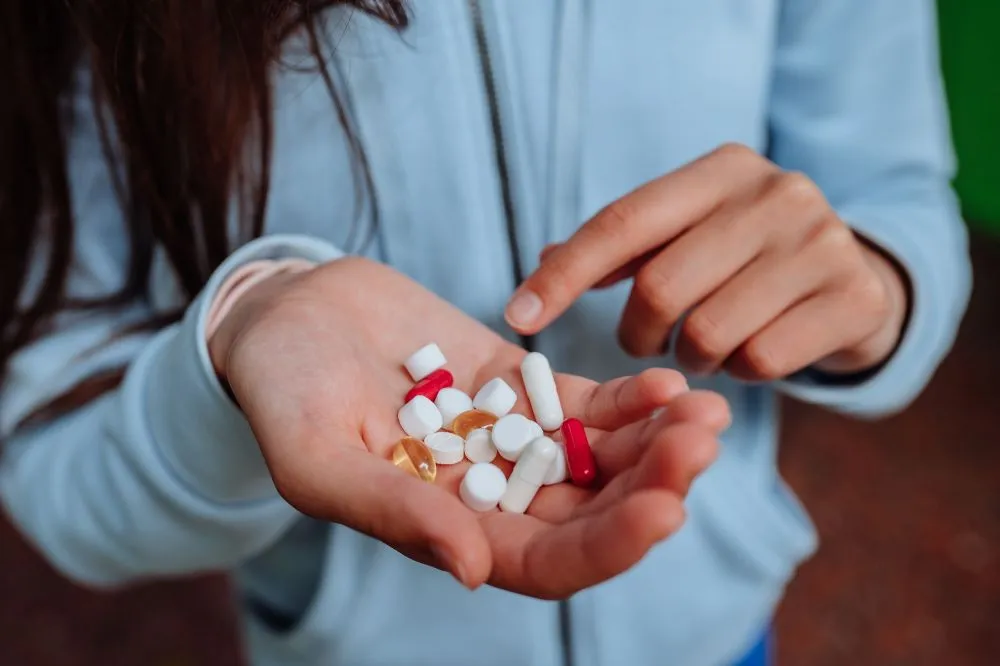Summary: Alcohol consumption is common, but only a few people are prone to alcohol addiction or alcohol use disorder (AUD). These are often people with some emotional deficit and struggle to control their alcohol intake. It appears that altered gut microbiota can also alter emotional responses and thus increase the risk of AUD. These alterations may occur due to various reasons. New studies confirm that gut microbiota is altered in those living with AUD. Hence, normalizing gut microbiota along with telehealth treatment can be one way to manage alcohol addiction.
In the last few decades, researchers have given significant attention to billions of bacteria and fungi living in the human body, particularly in the gut. These beneficial bacteria and fungi in the gut are called microbiota. There are more of these tiny organisms in our body than the total number of body cells. It means that these billions of microbes must be playing some essential role in human health.
When it comes to the role of microbiota, science has still only scratched the surface. However, researchers know that humans have evolved in a way that they cannot live a healthy life if the population of microbiota is disrupted. Microbiota produces nutrients, vitamins, hormones, and other biologically active compounds.
Further, it seems that the gut plays a vital role in the brain’s health and microbiota in the gut’s health. For example, the gut produces 90% of serotonin, an important neurotransmitter, which plays a significant role in brain functioning and mental health. However, the gut also produces other neuropeptides. Thus, researchers call this gut and brain relation “the gut-brain axis.” Since microbiota can significantly influence this axis, the researchers have coined a new term, “microbiota-gut-brain axis.”
It seems that microbiota play a vital role in the production of many bioactive compounds that can influence the working of the brain. Thus, changes in microbiota may increase the risk of mood disorders and various mental health issues and may even play a role in alcohol addiction.
In one of the recent events, The FENS Forum 2022, some of the leading neurologists discussed their findings regarding how gut microbiota alterations may promote alcohol addiction. They presented their findings in the panel session – “Unravelling the role of the gut microbiome in addiction.”
The gut and the binge drinking
The studies show that one is more likely to see changes in gut microbiota in those who engage in binge drinking. It seems that altered gut microbiota can affect emotional responses and promote impulsivity.
Stress, microbiota, and alcohol dependency
Another opinion shared by Dr. Benjamin Boutrel was that stress causes changes in the gut microbiota in some individuals. And animal experiments suggest that these people often suffer from severe alcohol dependency.
Gut microbiota, hormones, and alcohol dependency
Dr. Lorenzo Leggio presented the findings in which he outlined the role of altered levels of the “hunger hormone,” ghrelin, in developing alcohol dependence. In addition, it appears that changes in gut microbiota may also alter ghrelin levels in the body.
Transplanting gut bacteria to explore their role in alcohol use disorder (AUD)
In yet another presentation, Pr. Nathalie Delzenne presented the findings from the research done by her team at UC Louvain. Science knows that people living with alcohol use disorders (AUD) have some emotional issues or deficits. By planting the bacteria from people living with AUD to lab mice, she could demonstrate the role of altered microbiota in changed emotional responses and AUD.
There are exciting times as researchers are exploring an entirely new way to treat alcohol use disorder (AUD), that is, by focusing on normalizing the gut microbiota. However, this also highlights the importance of diet and nutrition, particularly dietary fiber, in managing AUD.






